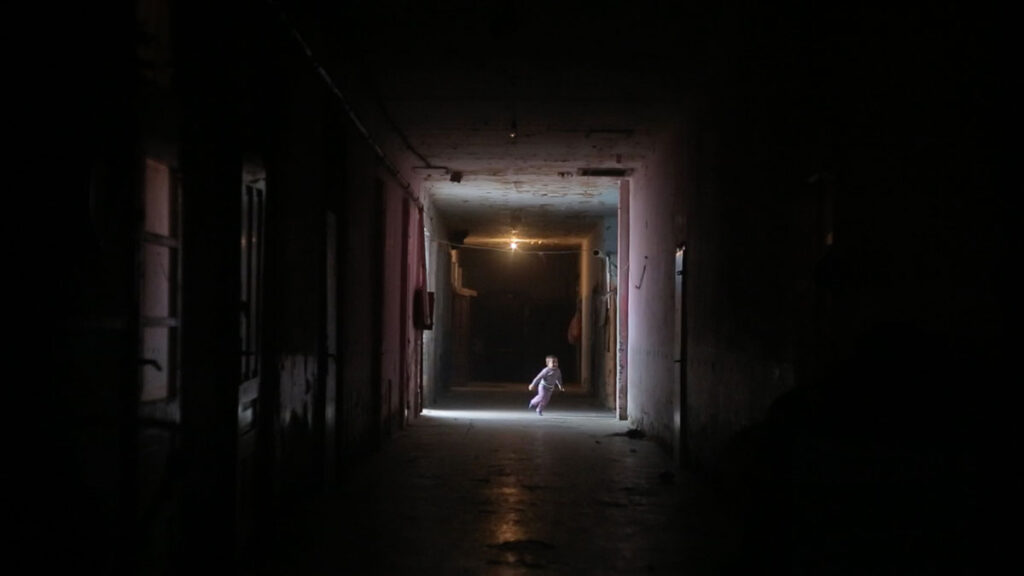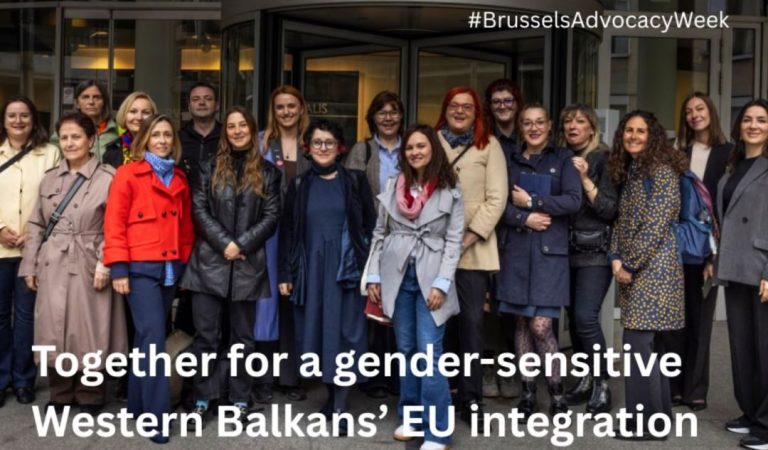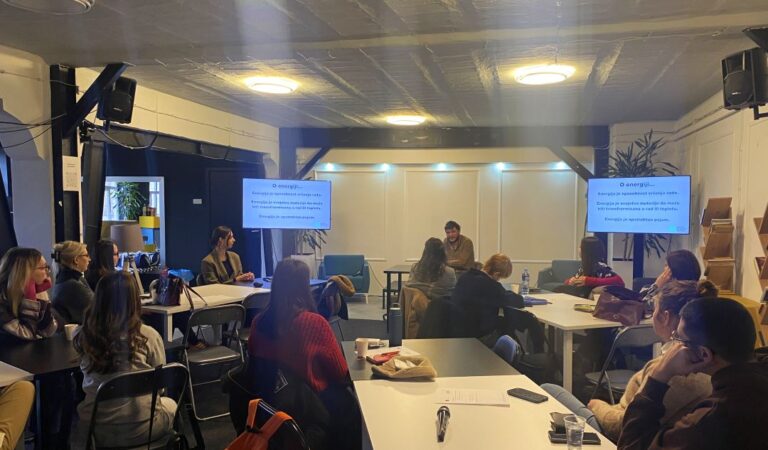On the occasion of the World Homeless Day, the A 11 Initiative reminds about numerous violations of the right to adequate housing that lead many citizens to homelessness and continue to jeopardize their guaranteed rights.
Inadequately solved problems faced by the most vulnerable groups – Roma, internally displaced people, refugees, and people with disabilities – have additionally aggravated the current housing crises and left many at risk of forced eviction and homelessness.
Roma continue to be one of the most vulnerable groups in terms of the access to adequate housing. Residents of almost 600 informal Roma settlements live in constant fear of forced evictions, in unsafe and inhumane conditions, without access to basic services and human rights.
Due to the unsustainable social housing system, many beneficiaries of social housing live in fear of forced eviction. Many households are in debt due to high cost of living and risk forced eviction which would turn them into homeless people. The unsustainability of the social housing system in Serbia is illustrated by the fact that many beneficiaries of social housing receive bills exceeding their monthly income. Their position is further aggravated by the obligation to pay property tax, which, since 2014, apply to beneficiaries of social housing and housing intended for refugees and internally displaced persons. An initiative was submitted to the Constitutional Court to review the constitutionality of the above provisions, but no decision has not been issued yet.
The housing vulnerability of refugees has been further exacerbated by discrimination in setting the tax amount. The property tax deduction of up to 50% – so-called tax credit granted to every taxpayer for the place of residence, regardless of income – is not available to refugees, regardless of the gravity of their situation. The Constitutional Court dismissed the latest constitutional complaint claiming it is an “insignificant pecuniary damage”.
Many of the difficulties faced by members of vulnerable groups in the area of housing are not due to insufficient resources, but rather to disregarding the prohibition of discrimination and the principles of social justice.
Therefore, we remind the state of its obligations undertaken by ratification of the International Covenant on Economic, Social and Cultural Rights and invite the Government of the Republic of Serbia to urgently begin preparations for resolving the accumulated problems in the field of housing.



